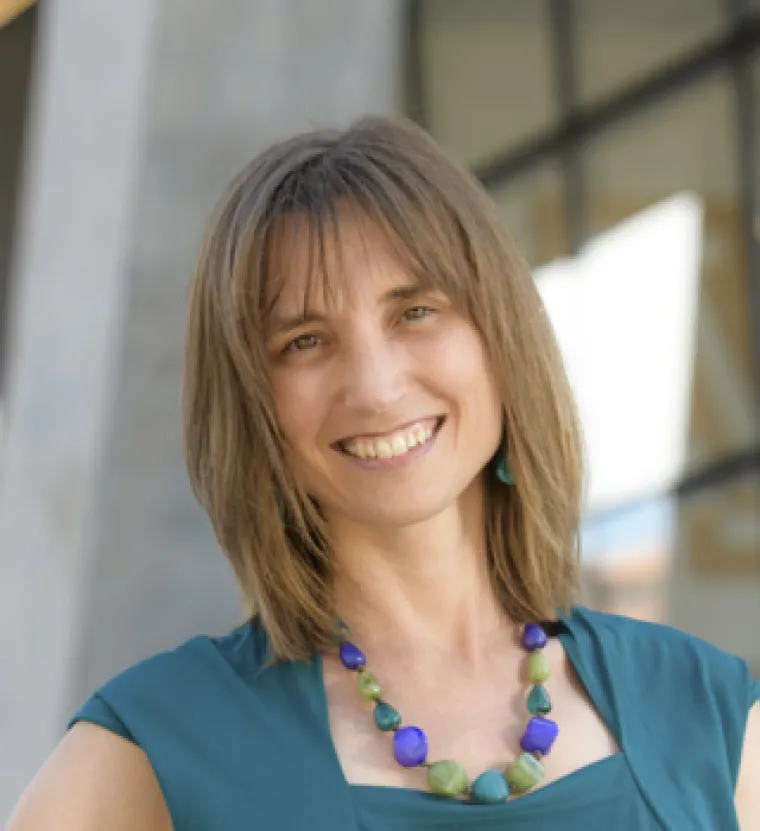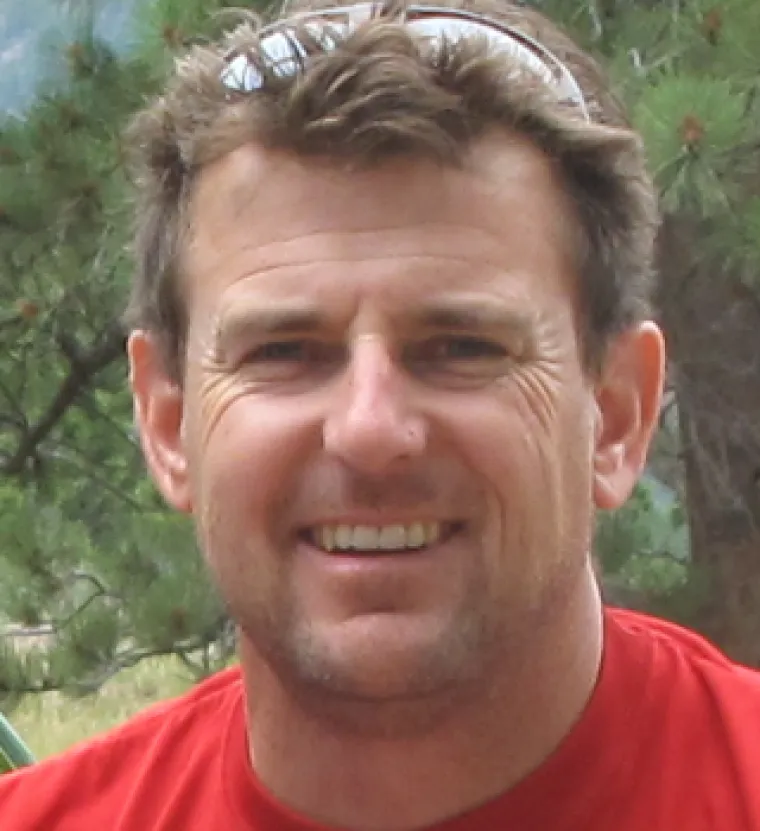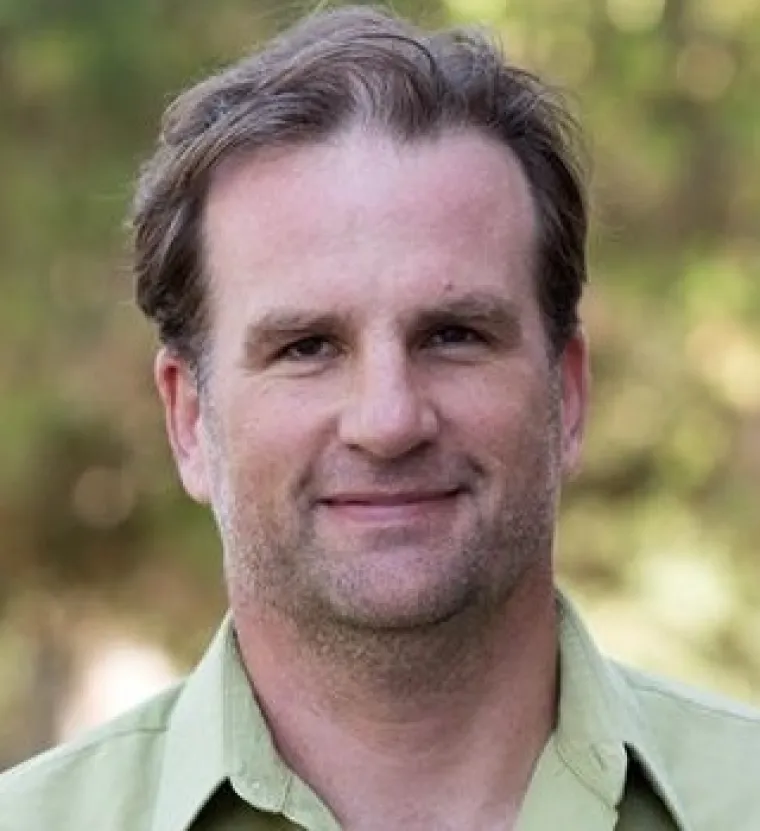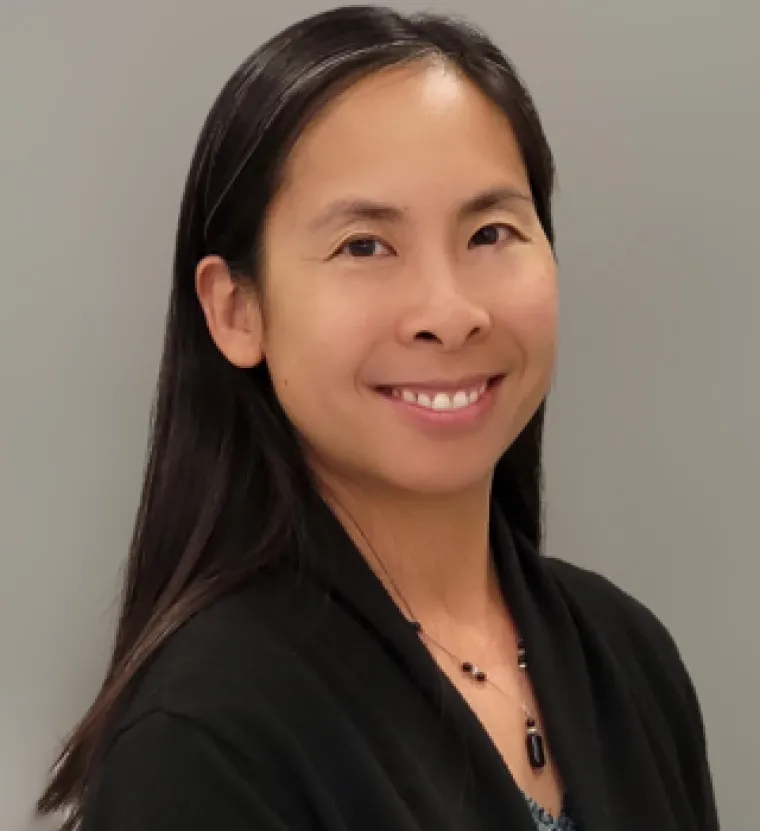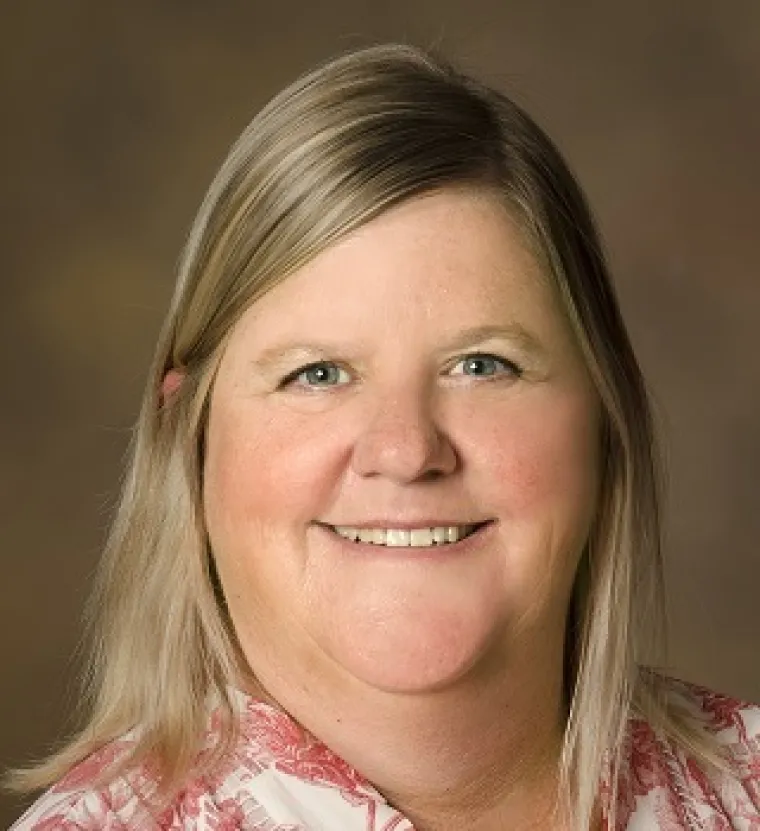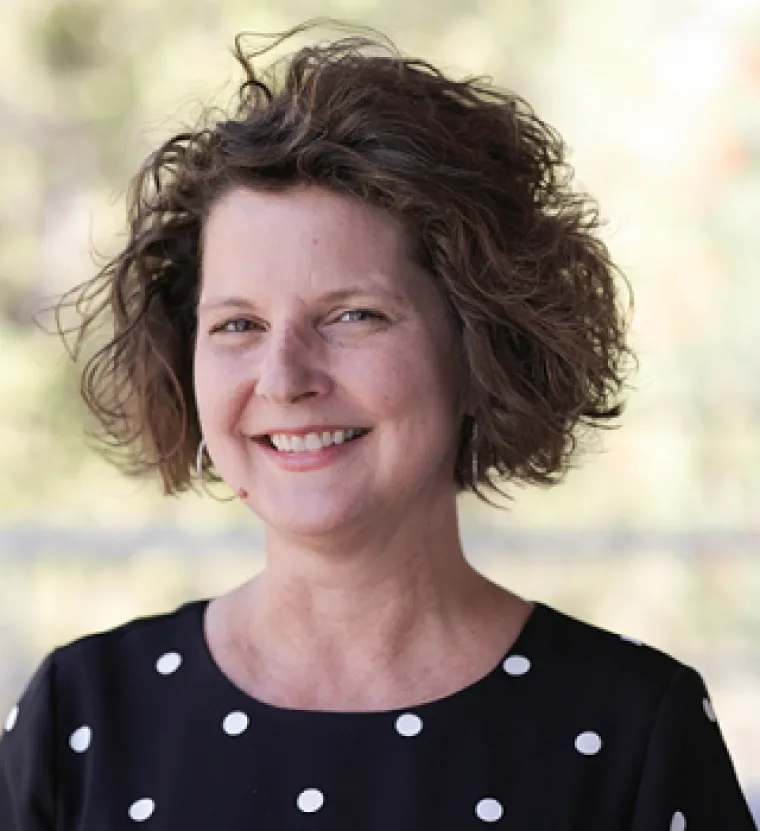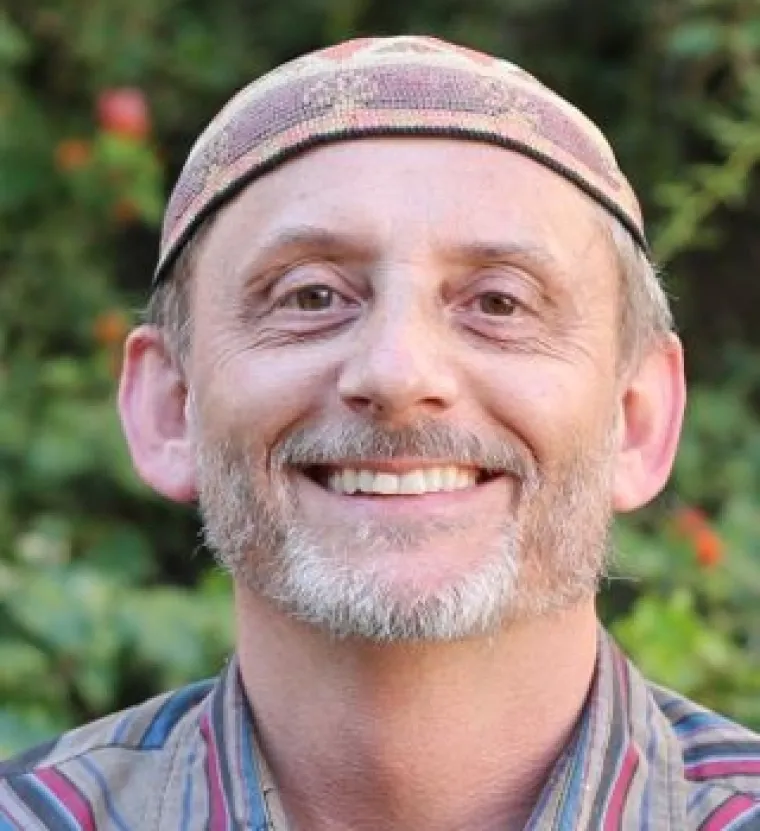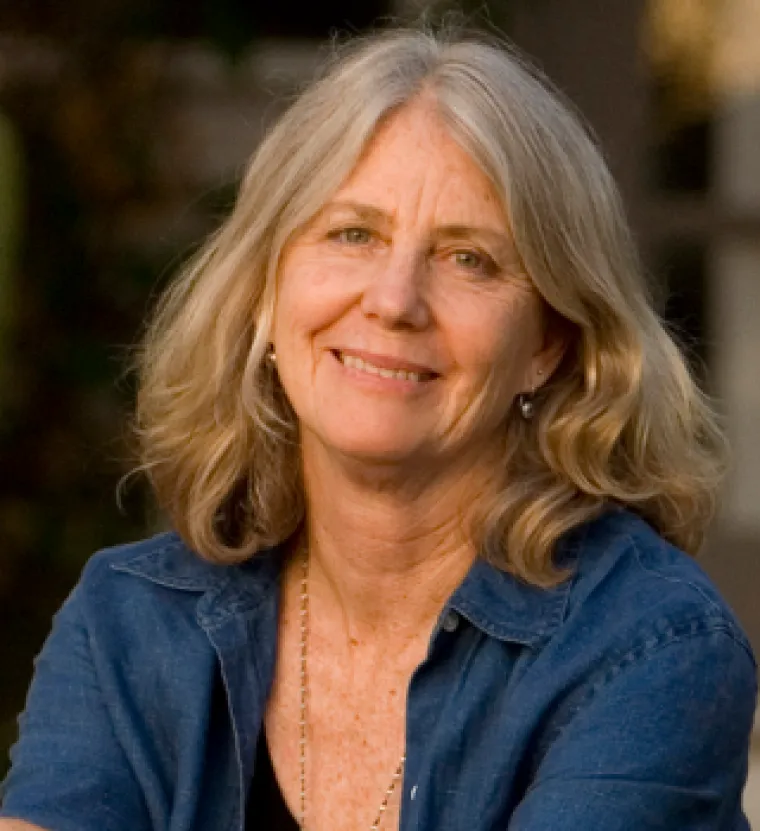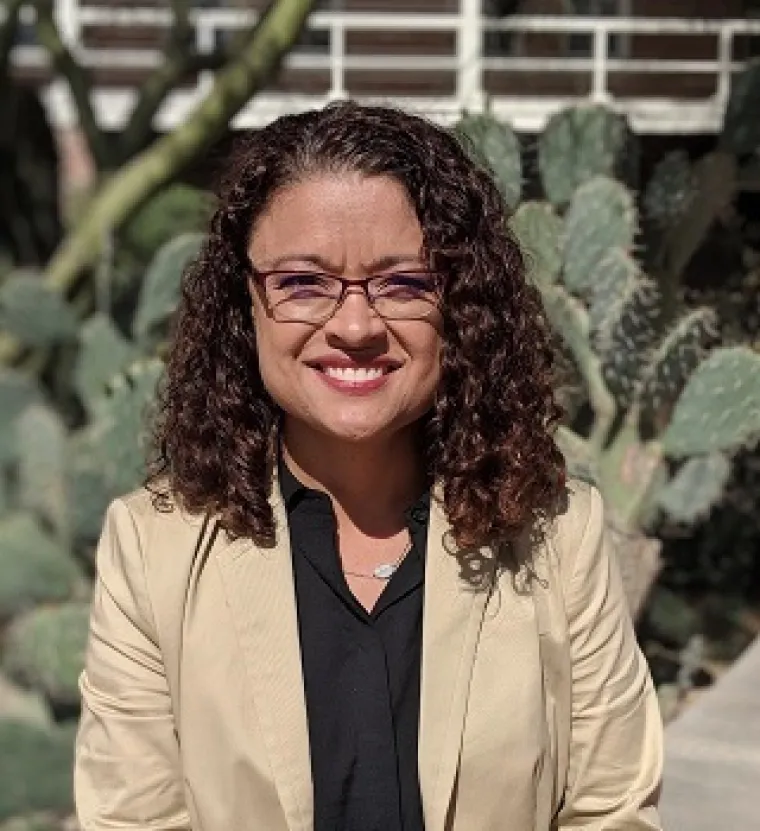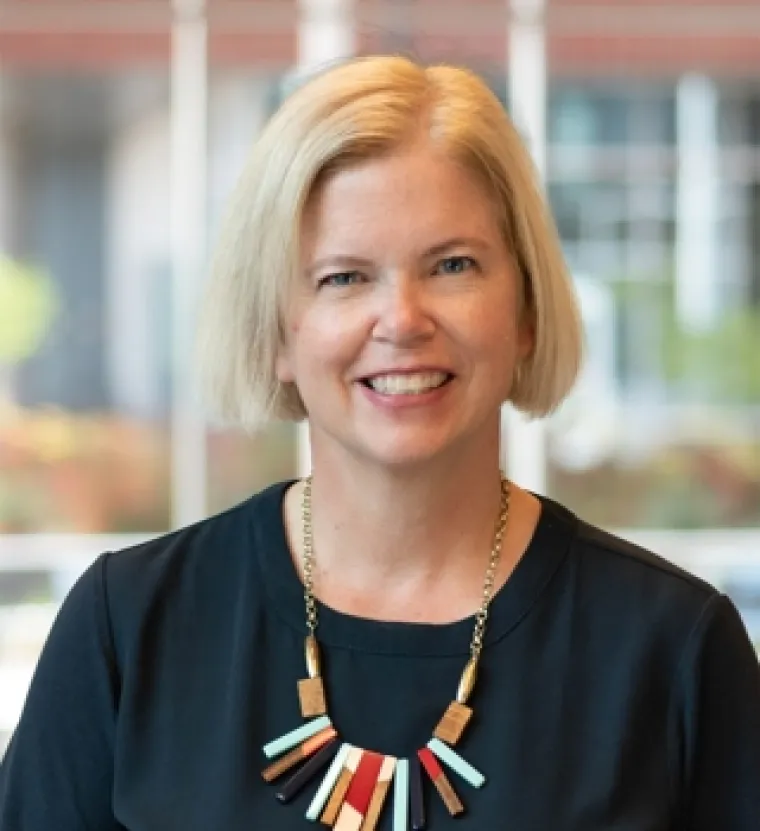Committee Chair
Kasi Kiehlbaugh, PhD
Chair, VIP Executive Committee
Director, Health Sciences Design
Assistant Professor of Practice, Biomedical Engineering
Pronouns:
she, her, hers
Committee Members
Kevin Bonine, PhD
Specialist, Environment, Resilience and Education
Executive Director, Undergraduate Research and Scholar Development
Adjunct Assistant Professor, Ecology and Evolutionary Biology
Adjunct Assistant Professor, Natural Resources
Director, AIR Education Initiatives
Director, Education and Outreach, Biosphere 2
Pronouns:
he, him, his
Winslow Burleson, PhD
Professor, School of Information
Assistant Director and Director of Research, School of Information
Pronouns:
he, him, his
Jennifer Fields, MA
Director, Office of Societal Impacts Research, Innovation & Impact
Pronouns:
she, her, hers
Greg Heileman, PhD
Associate Vice Provost, Academic Administration
Professor, Electrical and Computer Engineering
Pronouns:
he, him, his
Amy C. Kimme Hea, PhD
Associate Dean, Academic Affairs and Student Success, College of Social and Behavioral Sciences
Pronouns:
she, her, hers
Kenneth S. McAllister, PhD
Associate Dean of Research & Program Innovation, College of Humanities
Professor, Graduate Interdisciplinary Program in Second Language Acquisition & Teaching
Professor, Institute for LGBT Studies
Professor, Rhetoric, Composition & the Teaching of English Program
Professor, School of Information
Professor, Department of Teaching, Learning & Sociocultural Studies
Pronouns:
he, him, his
Ellen McMahon, MFA, MS
Associate Dean for Research, College of Fine Arts
Professor, School of Art
Pronouns:
she, her, hers
Kimberly Sierra
Director, ASEMS and Undergraduate Research and Inquiry
Interim Director, STEM Learning Center
Pronouns:
she, her, hers
Karna Walter, PhD
Assistant Dean for Student Engagement, W.A. Franke Honors College
Pronouns:
she, her, hers


